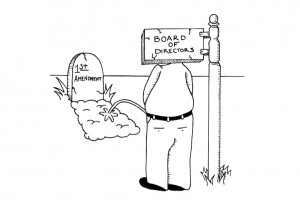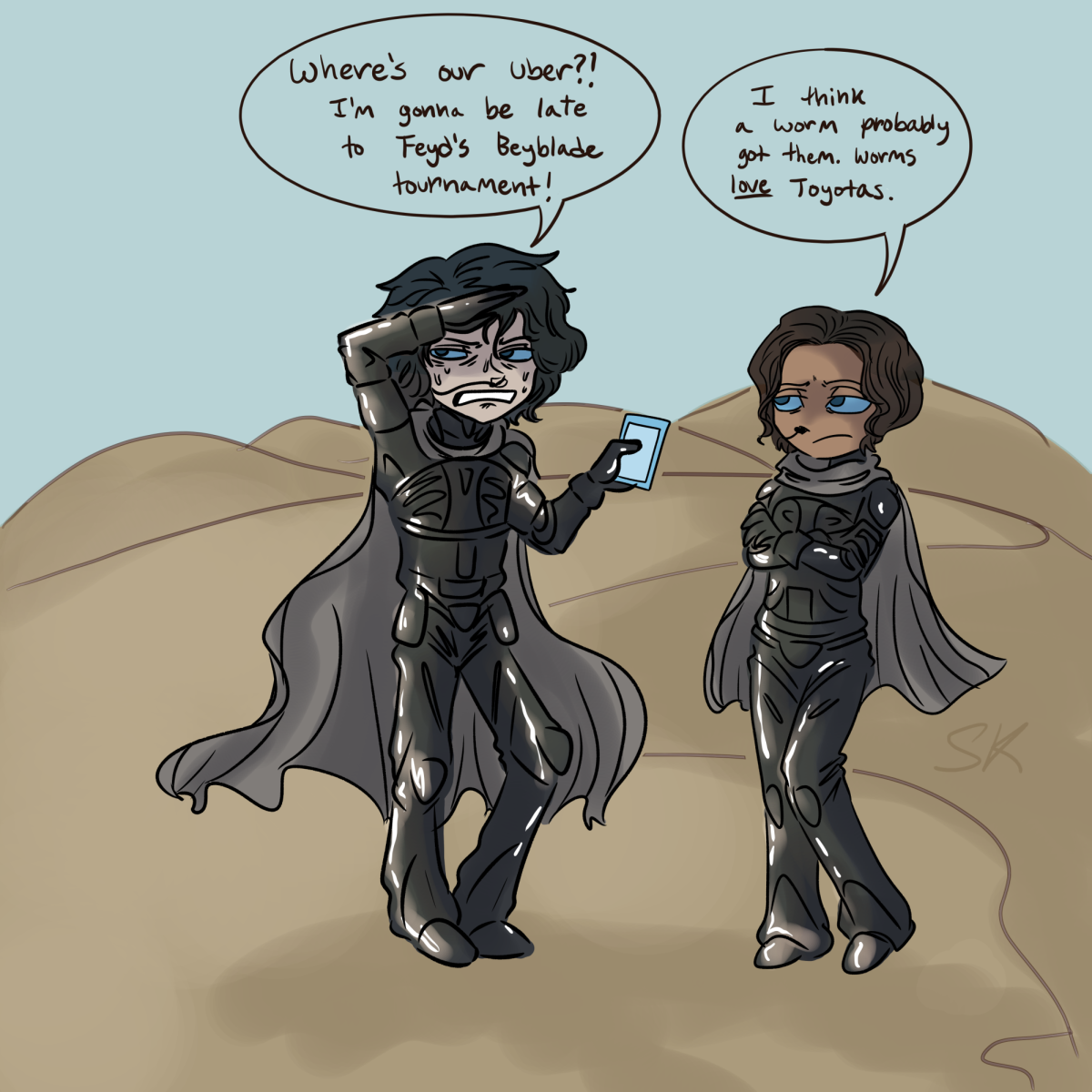The North Wind Board of Directors abused its power Friday, April 3 to retaliate against The North Wind by firing adviser Cheryl Reed and not approving editor in chief candidate Michael Williams, current managing editor and the only person who applied for the editor position.
According to the Society of Professional Journalists (SPJ), the board “violated the First Amendment.”
Not “may have violated” or “allegedly violated.” Just violated.

SPJ is the oldest and largest fraternity of journalists in the country, and it has publicly promised to support Reed and Williams “legally and otherwise.” They also interpreted the board’s decision as retaliation for The North Wind’s tone and content.
In March 2012, a federal judge ruled that Chicago State University violated its student newspaper adviser’s First Amendment rights by terminating his position after the paper published articles critical of the administration. He was hired to re-establish the Tempo, much like Reed was hired to improve The North Wind.
Similar to The North Wind editors who were told their recommendations and scholarships could be jeopardized by publishing investigative stories, the editor in chief of the Grand Valley Lanthorn received intimidating phone calls from administrators for publishing about university donors in December 2013. When the GVSU Board of Trustees chimed in, they encouraged civil discussion about the university’s donors, rather than heavy-handedly shaming the paper for its content.
What happened to Reed and Williams on April 3 demonstrates a complete misunderstanding of constitutional rights by certain members of The North Wind Board of Directors.
Furthermore, the emails obtained through the use of the Freedom of Information Act (FOIA) show Vice President Steve Neiheisel interfered with student rights, which indicates a calculated effort to undermine The North Wind’s quality reporting and may have violated Open Meetings laws.
The administration wants to censor its students and is violating the founding law of the United States. Previous federal cases do not favor the administration.
The U.S. Court of Appeals ruled in Student Government Ass’n v. Board of Trustees of the University of Massachusetts in 1989 that college newspapers are not subject to restrictions from administrators.
As editors who work directly with Reed and Williams, we have a greater stake in who leads The North Wind. The next page shows how the student editors feel, despite the board’s vote.
As our bylaws say, the adviser is “subject to the approval of The North Wind Board of Directors and the editorial staff,” and the editors were not consulted for their votes, despite our presence at the April 6 meeting.
We are using our space to vote, because #WePleadThe1st.





























